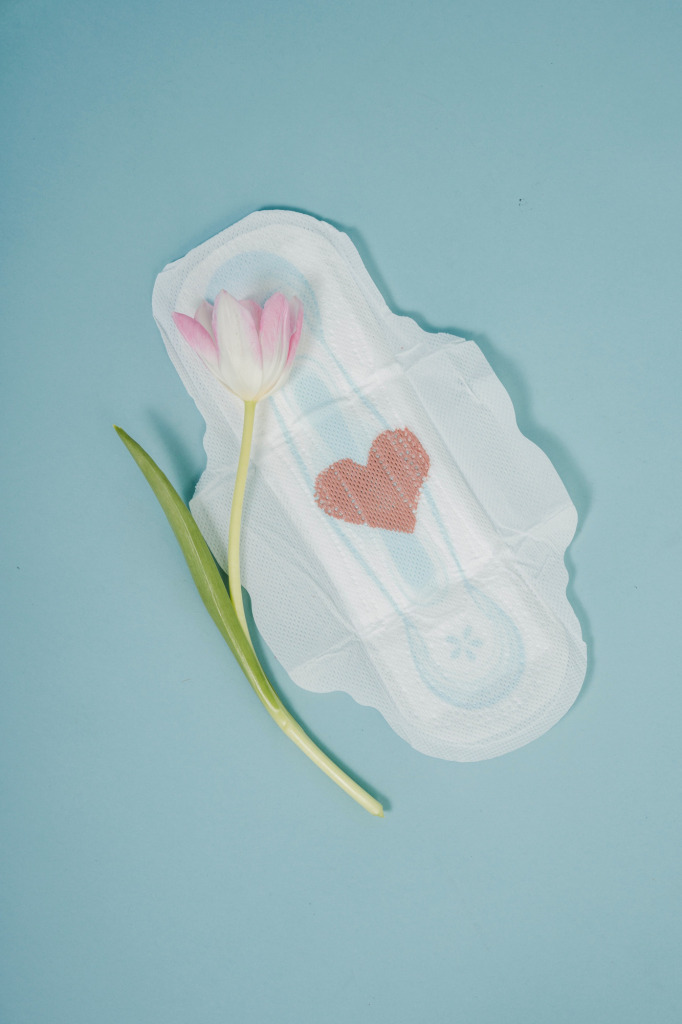Episode 39: Show Notes
Modern cultural norms around menstruation have drastically shifted over the past few decades. These changes are especially evident in the media we consume. No longer is the topic ignored, simplified, or overlooked. Instead, you see menstruation being celebrated on social media platforms, with young people openly talking about their experiences, and sometimes in very candid detail! The same is true for advertising and entertainment. These days, adverts for sanitary products are extremely direct, and it’s more common than ever to see fictional characters experiencing an altercation with their period that would’ve been unheard of thirty years ago. Despite these advances, there are still some persistent myths about menstruation, like the myth that periods are meant to be painful or that any cycle that deviates from 28 days is abnormal. Today on the show we tackle some of these myths and take a closer look at the truth behind the legend. Tuning in you’ll hear Megan and Kelly discuss their experiences with menstruation growing up, how this has influenced their approach to menstruation when it comes to raising and educating their daughters, and how young people today are approaching conversations around menstruation. We also cover some of the myths around menopause and perimenopause, and some of the small steps you can take today to start preparing for this part of your life. To learn more about this fascinating topic and much more, make sure you tune in today!
Read The Full Article Here:
These 7 Menstrual Myths Seriously Need To Be Set Straight
Key Points From This Episode:
-
Introducing today’s topic: the myths and truths around menstruation.
-
The environments that Megan and Kelly grew up in and how it affected their knowledge of menstruation.
-
How advertising for menstrual products has shifted since the 1980s.
-
The sense of shame Megan and Kelly felt around menstruation when they were growing up.
-
How the taboos around menstruation have dissipated and become less widespread.
-
How Megan and Kelly communicate with their daughters about menstruation.
-
The type of conversations people are having about menstruation on social media.
-
Megan and Kelly’s observations on stigma, social norms, and representation around menopause versus menstruation.
-
Megan’s traumatizing first experience with a gynecologist and why his age and gender felt like a violation.
-
The misconception that all cycles last exactly 28 days and why that’s a myth.
-
Some of the reasons why your body may be skipping some of your cycles.
-
Insights into the myth that periods are supposed to be painful and heavy.
-
An overview of the spectrum of symptoms you may experience during your period, like cramping.
-
Why it’s a myth PMS symptoms are all in your head.
-
How hormones affect our emotions and when to see a doctor.
-
The effect that hormone fluctuations can have on serotonin levels.
-
How these fluctuations can cause postpartum depression after giving birth.
-
Why many women believe you can’t get pregnant on your period, and why that is a myth.
-
Megan’s experiences with hormonal birth control, how they didn’t work for her, and why a copper IUD was the only successful method.
-
The myth that perimenopause only lasts a few months and why that’s untrue.
-
An overview of the myth that hormone therapy is the only way to treat menopause.
-
Some of the other methods for treating menopause, like dietary changes and supplements.
-
The value of strength training for women of all ages.
-
Why it’s a myth that menopause equates to a woman’s expiration date.
Tweetables:
“I was in the middle of a cross-country meet when I had my very, very first one. I had a good friend from another school who came with me to the bathroom, who had already had hers, who helped me through it.” — Megan Block [0:09:15]
“It’s undeniable, that hormones affect emotional balance. I did realize after noticing it so much during pregnancy and right after pregnancy, that I was either more emotional, or more agitated, or calmer, or there were fluctuations, right?” — Megan Block [0:30:47]
“There are women who have such a drop in hormones and affects their serotonin, where you can have suicidal thoughts, you can have rages. If that’s the case, definitely talk to your doctor.” — Megan Block [0:33:11]
“Pre-menopause, perimenopause, however you want to term it, generally starts in your mid-40s. Your estrogen levels decrease, your periods become irregular, and eventually, stop altogether. It just basically means that your ovaries are no longer ovulating on a regular basis.” — Kelly Castillo [0:46:53]
“It was always more about making my body look the way that I wanted it to look. As I’m getting older, my goals have completely shifted. Now, I’m super into yoga because I want to keep my joints lubricated.” — Kelly Castillo [0:54:55]
“Hormone replacement therapy can help a lot with bone loss, and it can relieve a lot of the symptoms of menopause. It does come with risks. There’s an increased risk of heart disease, stroke, blood clots, breast cancer.” — Kelly Castillo [0:58:28]
Links Mentioned in Today’s Episode:
She’s A Full On Monet on Twitter
She’s A Full On Monet on Instagram
She’s A Full On Monet on Facebook
She’s A Full On Monet on YouTube
She’s A Full On Monet Discussion Board Facebook Group


